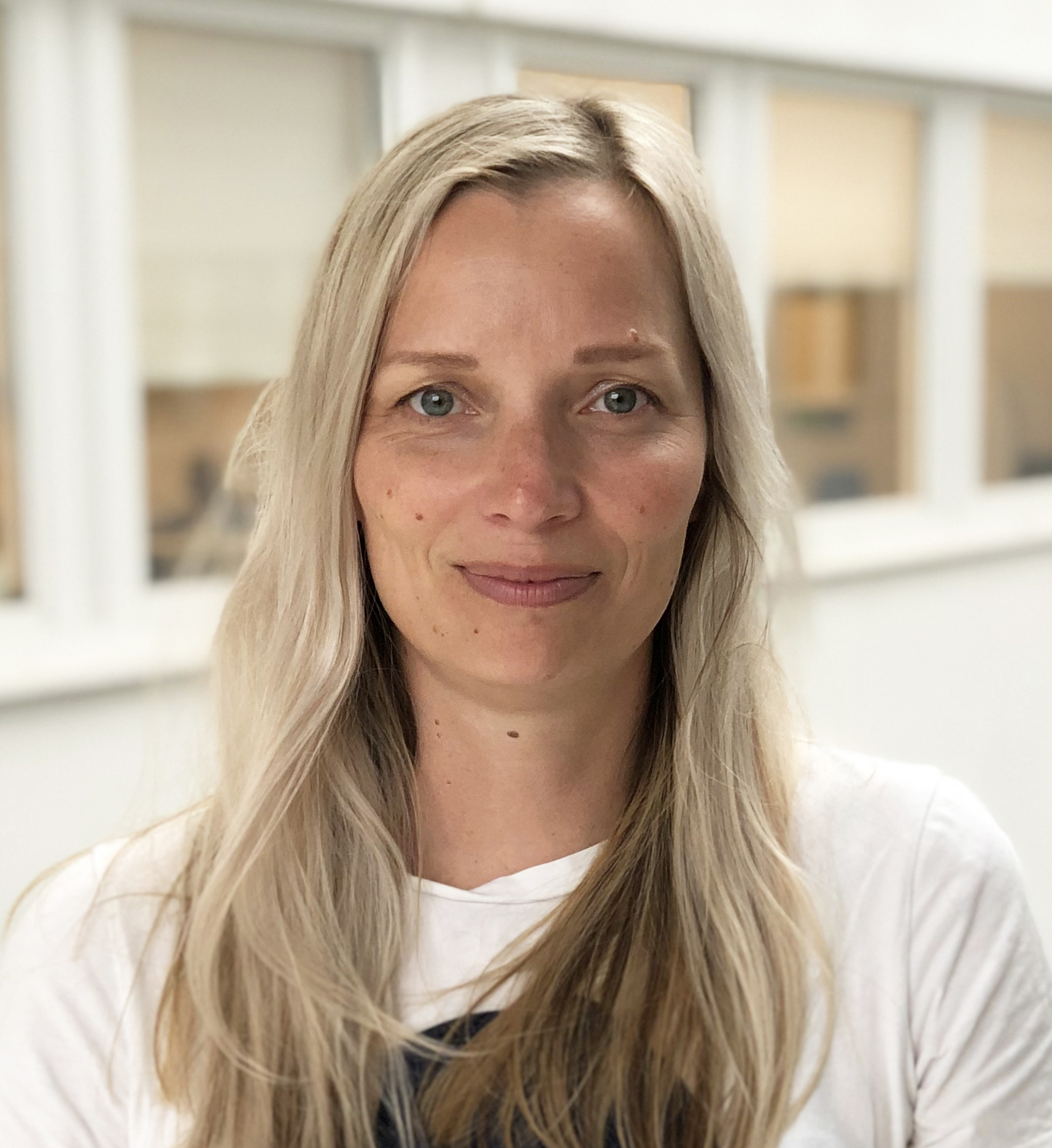
Maija Hollmen
Adjunct Professor
Faculty of Medicine
University of Turku
I am at the state of leading a small tumor immunology research group and building collaborations both nationally and internationally. The aim of my research is to always produce clinically relevant data that can be translated directly from bench to bedside. Therefore, a vital part of my research has been done in collaboration with clinicians and pharma companies.
Areas of expertise
Tumor Immunology, Immunotherapy, Macrophages, Breast Cancer, Antibodies
Research
Development of strategies targeting immunosuppressive cells, molecules and pathways with less toxicity and with more universal role in tumor progression is an unmet clinical need. Possibilities to control the presence of suppressive cells within tumors are key factors in opening new avenues to fight against cancer growth. This is highly important since efforts in re-activating immune responses against tumors solely by blocking T cell inhibitory molecules have not shown promise as a single therapy for the vast majority of patients.
Mechanisms regulating macrophage phenotype in the tumor microenvironment has emerged as a highly potential field in drug development. Moreover, definitive biomarkers indicative of immunotherapy treatment response and feasible assessment of the immunological changes of the tumor microenvironment during and after treatment are severely lacking.
Our research exploits a unique scavenger receptor Clever-1, expressed on a subpopulation of immunosuppressive macrophages, to alleviate tumor related inflammation and develop Clever-1 as a companion therapeutic, diagnostic, and prognostic biomarker to treat and identify patients under immunosuppression. This involves the use of in vivo tumor models and sophisticated immunological assays with cutting-edge technology and state-of-the-art imaging combined with fresh human cancer patient material to elucidate the function of Clever-1 in controlling macrophage mediated local and systemic immune responses. Our results potentially have a high impact in understanding the mechanism of macrophage-mediated immunosuppression in cancer and promoting anti-Clever-1 immunotherapy into clinical trials where it may have benefits in comparison with currently available immune activating drugs.
Areas of expertise
Tumor Immunology, Immunotherapy, Macrophages, Breast Cancer, Antibodies
Research
Development of strategies targeting immunosuppressive cells, molecules and pathways with less toxicity and with more universal role in tumor progression is an unmet clinical need. Possibilities to control the presence of suppressive cells within tumors are key factors in opening new avenues to fight against cancer growth. This is highly important since efforts in re-activating immune responses against tumors solely by blocking T cell inhibitory molecules have not shown promise as a single therapy for the vast majority of patients.
Mechanisms regulating macrophage phenotype in the tumor microenvironment has emerged as a highly potential field in drug development. Moreover, definitive biomarkers indicative of immunotherapy treatment response and feasible assessment of the immunological changes of the tumor microenvironment during and after treatment are severely lacking.
Our research exploits a unique scavenger receptor Clever-1, expressed on a subpopulation of immunosuppressive macrophages, to alleviate tumor related inflammation and develop Clever-1 as a companion therapeutic, diagnostic, and prognostic biomarker to treat and identify patients under immunosuppression. This involves the use of in vivo tumor models and sophisticated immunological assays with cutting-edge technology and state-of-the-art imaging combined with fresh human cancer patient material to elucidate the function of Clever-1 in controlling macrophage mediated local and systemic immune responses. Our results potentially have a high impact in understanding the mechanism of macrophage-mediated immunosuppression in cancer and promoting anti-Clever-1 immunotherapy into clinical trials where it may have benefits in comparison with currently available immune activating drugs.


